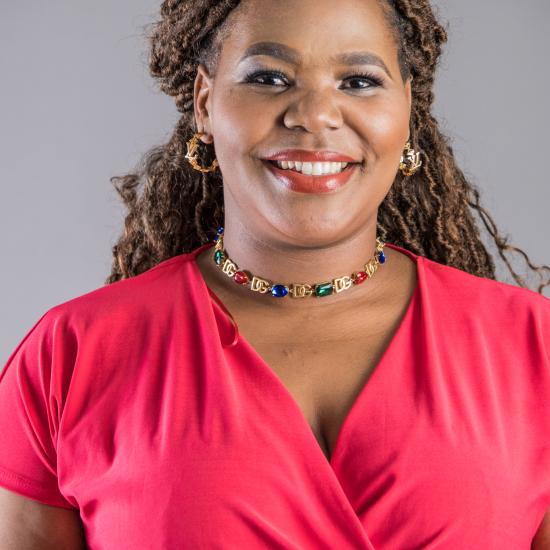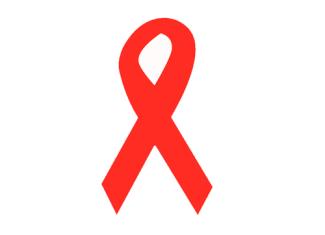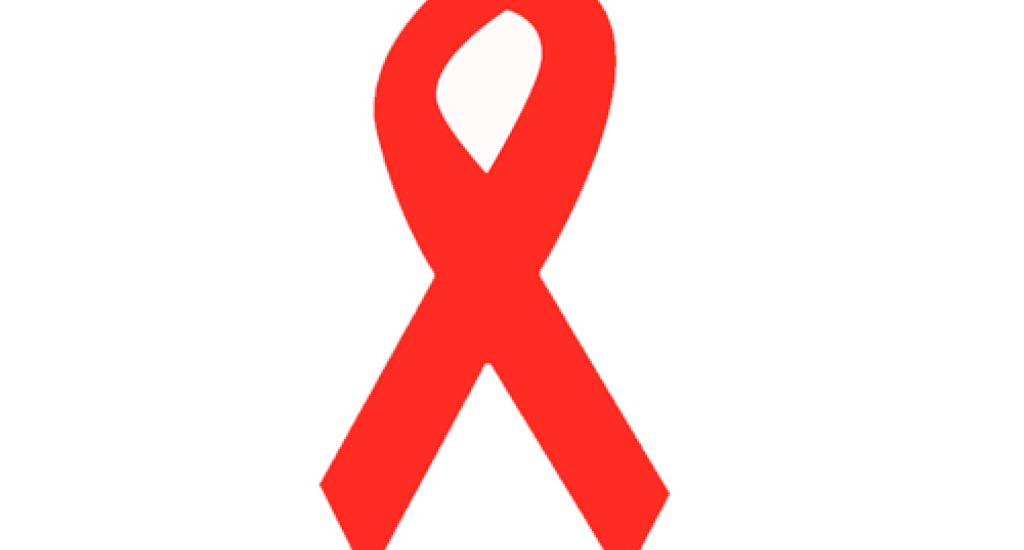Young Electrochemist’s
search for an HIV cure opens a world of wonder

Growing up in Cofimvaba, a rural town in the Eastern Cape, Professor Usisipho Feleni witnessed firsthand the devastating impact of the HIV and AIDS pandemic, which claimed millions of lives during its peak in the late 1990s and early 2000s.
The virus’s toll became deeply personal for her when a close relative passed away during her high school years. This loss sparked a determination in the young Feleni to pursue pharmacy, driven by the dream of developing a cure for the virus.
With limited knowledge of the field, she applied for a pharmacy degree at the University of the Western Cape (UWC). However, her application was unsuccessful as the course was already full. Undeterred, she enrolled for a Bachelor of Science (BSc) in Chemical Sciences, hoping it would pave the way for her aspirations. Over time, her academic journey expanded to include a PhD in Chemistry, a Master of Science in Nanoscience, and a BSc Honours from the same university.
Nearly two decades later, the 35-year-old has fully embraced the field of chemical sciences, reaching heights many deem unattainable.
Today, Professor Feleni is a multi- award-winning scientist, recognised for her groundbreaking work as Associate Professor at the University of South Africa’s (UNISA) Institute for Nanotechnology and Water Sustainability.
In a recent interview with PSM magazine, the Electrochemist shared that her passion for chemistry and mathematics in high school influenced her career choice.
“I thought being a Pharmacist would help me develop an antiretroviral drug because I had lost someone close to me to an HIV and AIDS-related illness,” she recalled.
Discovering Nanotechnology
Her academic journey took a significant turn during her Honours studies when her supervisor introduced her to the emerging field of nano-technology. At the time, she was working on developing diagnostic tools to monitor antiretroviral, tuberculosis, and breast cancer drugs for her Master’s degree.
“Nanotechnology became part of my journey during my Honours studies,” she said.
Feleni later joined UNISA as a senior lecturer, focusing on nanotechnology research for water management. Her pro- jects addressed pharmaceutical contaminants, particularly emerging contaminants such as antibodies used during the COVID-19 pandemic, which often end up in water sources.
During her undergraduate studies, Feleni had the opportunity to explore different disciplines – chemistry, physics and mathematics – before specialising in chemistry.
“In my final year, I concentrated on chemistry courses. My Honours research focused on Applied Chemistry, Physical Chemistry and Drug Systems, which fascinated me. I explored drug toxicity and metabolism, understanding that different patients require tailored dosages due to varying metabolic rates,” she explained.
Her current research focuses on electrochemical biosensors, electrocatalysis for monitoring disease biomarkers (such as SARS-CoV-2 pathogens), and pharmaceutical contaminants in water. She has authored over 80 research papers on nano- materials and their applications in electrochemical sensors, electrocatalysis and photocatalysis.
Since joining UNISA, Feleni mentored four MSc graduates and is currently supervising or co-supervising eight MSc and eight PhD candidates.
Career growth
She achieved the milestone of becoming an associate professor at the age of 33, a rare feat in academia.
“I was so surprised by the appointment. I used to think becoming a professor took decades of work. Growing up, I believed professors were old people. Of course, it did not happen by magic – I had to put in a lot of hard work,” she said, reflecting on the three years it took her to transition from senior lecturer to associate professor.
Her journey, however, was not without challenges.
“It is not easy, it is challenging. Moving up in academia requires overcoming many obstacles. As a professor, you are expected to mentor the next generation of scholars while managing various responsibilities. It requires immense energy and dedication,” she said.
Feleni has secured numerous external research grants, including funding from the Technology Innovation Agency, the National Research Foundation (NRF) and Eskom’s Tertiary Education Support Programme. Her accolades include the 2024 UNISA Women in Re- search Leadership Award, the 2022/23 TW Kambule NSTF Award for Emerging Research- ers, the 2023 South African Women in Science Distinguished Young Women Re- searcher Award and the 2023 Standard Bank Top Women in STEM Award, among others.
Reacting to her NRF Research Excellence Award, which she said is closest to her heart, Feleni expressed her gratitude:
“I was humbled and excited. I had applied before in 2023 but did not make it. When I reapplied in 2024, I thought, ‘Let us try again.’ It is fulfilling to see my work recognised by the NRF, South Africa’s leading research body.”
The recognition affirmed her research’s impact in influencing younger researchers.
Giving back to the community
Committed to inspiring the next generation, Feleni frequently hosts research exhibitions in Cofimvaba to spark interest in science among young people.
“My research focuses on developing technologies to detect and remove contaminants, including pharmaceutical residues, from water.
Wastewater treatment plants are not designed to eliminate all contaminants, so my work aims to improve these systems to ensure clean water for all,” she said.
Feleni urged young people, especially those from disadvantaged backgrounds, to dream beyond their circum- stances.
“Do not let limitations like language or a rural upbringing hold you back. Stay motivated, work hard and believe in your- self,” she advised.
Looking ahead, Feleni aims to become a full professor and se- cure a South African Research Chair Initiative (SARChI) position.
“Becoming a SARChI chair would open doors for researchers to train in my laboratory. I also hope to establish a company focused on water treatment technologies and diagnostic tools, aligning with the National Development Plan 2030 by creating jobs and training youth for the future,” she said.




